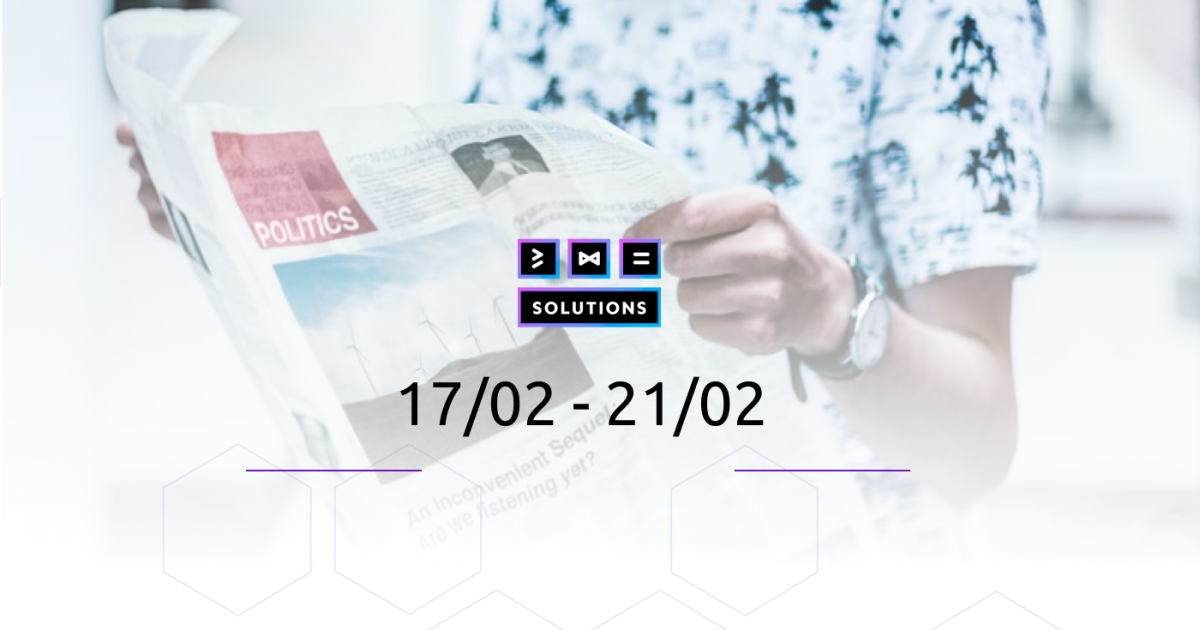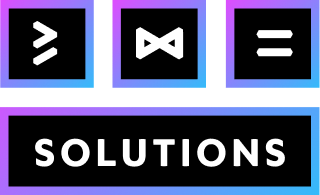
Adding more speed to your Friday, 482.solutions have collected the most interesting news and updates from the world of blockchain technology you cannot miss this week. One of the leading speakers to implement new blockchain solutions this week was the government sector, so we have collected all news about state institutions and even national banks improving their effectiveness with blockchain.
Sounds interesting? We hope so, wishing you to have a great and productive weekend that will start with an awesome new digest!
U.S. Department Of Transportation Looks For Proposals On Blockchain Applications
The Federal Highway Administration (FHWA) wants to explore blockchain technology to elaborate on new solutions for the highway administration. In their report, FHWA stated that they would investigate blockchain technology for connected vehicle applications.
During the project selection process, FHWA is focused on proposals for three technical areas, including blockchain, and expects to have from four to six contracts with companies that will be able to provide a decent solution for the improvement of the current highway administration system. Implementing blockchain, they seek for the solutions in such areas, as certificate management for vehicle-to-vehicle and vehicle-to-infrastructure solutions and monitor traffic.
It is expected that the blockchain-based solutions might be implemented for vehicle identities similar to the one created by the MOBI alliance and implemented Renault and Ford. This technology allows automobiles to track traffic and optimize roots in real-time. Moreover, blockchain solutions will cover data management processes, in particular, safely and securely collecting and transferring data on routing and timing for the pickup, transfer, and delivery of goods. This might also be accompanied by road asset information and highway pricing optimization.
South Korea Is Building Blockchain System For The Bond Market
The Bank of Korea (BOK) will develop a new blockchain-based system for the national bond market, one of the largest bond markets in the Asian region. The main goal of this project will be the development of solution improving the record-keeping for the market.
A new blockchain-based system will be shared between relevant financial institutions, such as BOK and Korean financial supervisory authority – the Fair Trade Commission (FTC). All bond transaction will be recorded and transitioned on the blockchain, that can become a basis for the future formation of a real-time simultaneous payment trading system. One of the most significant issues for BOK now is defining whether this system will be responsible for any failures or accidents.
Being one of the largest bond markets in Asia, the South Korean bond trading system helps the government to trade debt to foreign investors, facing its biggest growth with the implementation of responsible bonds, such as green bonds. It is still unknown whether the new blockchain-based system will be integrated with government-issued debt or it will be expanded to include corporate debt as well.
TradeLens Received Federal Antitrust Exemption
A blockchain-based shipping consortium TradeLens has received an important antitrust exemption from the Federal Maritime Commission. This exemption allows the platform to unite five major container line shipping companies in providing data for their processing and transitioning on the TradeLnes platform.
This blockchain-based project was originally developed by IBM and Maersk GTD to provide APIs for digital communication for supply chain data and share documents with permission users, improving overall efficiency and relevance of provided documentation and lowering costs that have been spent on paper-based documents. The data exchange process became possible after the Cooperative Working Agreement came into effect, allowing all companies-signatories of the agreement to exchange information related to supply chain events and collaborate on further developing the platform without fear of antitrust exposure under federal law.
The agreement allows all members to freely discuss the terms and conditions of the data exchange process and the providing of data on the platform, as well as the terms surrounding the placement of lading bills and similar documents on the blockchain. It is not surprising that we are seeing the continued deployment of blockchain in the supply chain space, given the potential benefits of cost reduction, improved security of transactions and the increased ability to use data analytics to optimize distribution and logistics networks.
